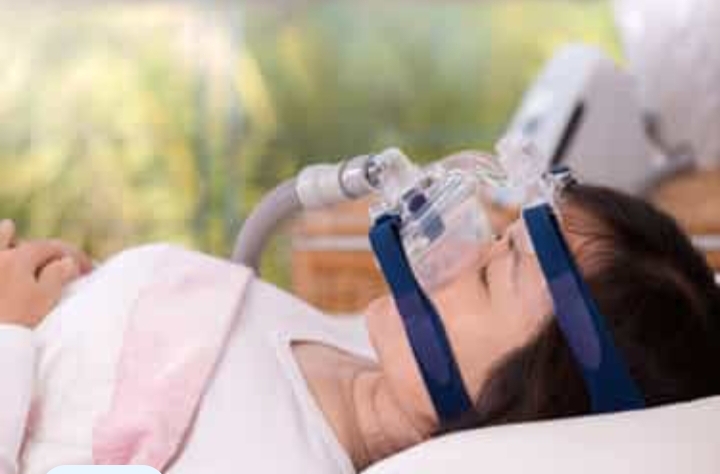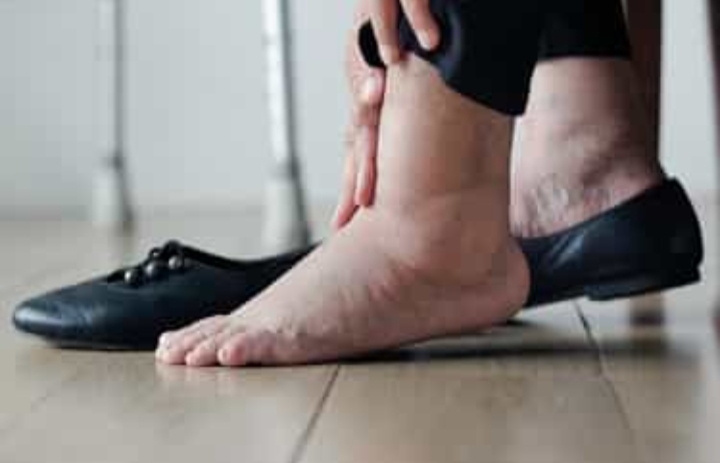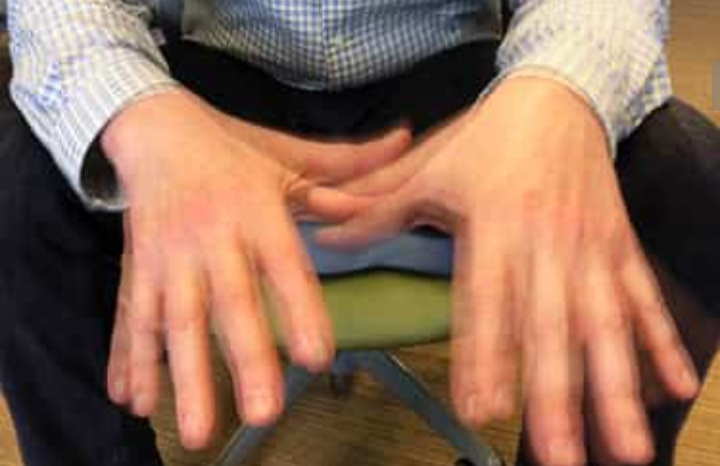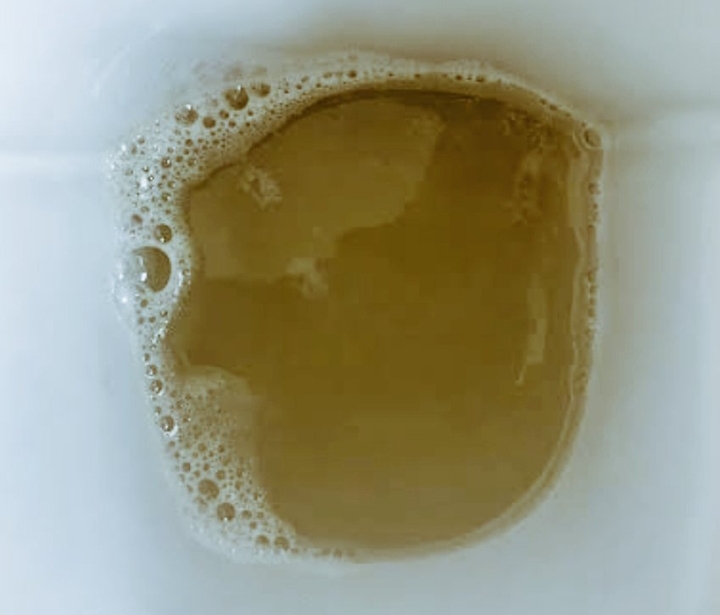As we all know every human body has two kidneys, which are primarily responsible for filtering the blood free of the nitrogenous waste products like urea, creatinine, acids, etc. (all of which are products of metabolism in the body) and produce urine.
Millions of people are living with various types of kidney diseases and most of them don’t even have the faintest idea about it. This is why kidney disease is often known as a ‘Silent Killer’ as most people do not feel any difference until the disease is advanced. While people get their blood pressure, sugar and cholesterol levels checked on a regular basis, they fail to get a simple creatinine test done in their blood, to detect any unidentified kidney problems. According to the Global Burden Disease (GBD) study in 2015, chronic kidney disease (CKD) is ranked as the eighth leading cause of mortality in India.
There are a number of warning signs of a kidney disorder, however, most of the time these are ignored or confused with alternative pathologies (because of their non-specific nature). Therefore, one has to be very watchful and should get the confirmatory tests (including blood, urine, and imaging) done at the earliest appearance of any sign of a kidney disorder. One should visit a Nephrologist and clarify his/her doubts. But if you have hypertension, diabetes, obesity, metabolic syndrome as one calls it in today’s age, or Coronary Artery Disease, and/or a family history of the same or a family history of kidney failure or even if you’re older than 60 years of age, it is advisable to get kidney tests done on a regular basis.
While the only definitive way to diagnose a kidney disease is to get confirmatory tests done, here are some early warning signs of kidney disease:
You’re Always Tired.

Kidneys filter waste from your blood and ship it out in your pee. When your kidneys don’t work right, toxins can build up. One common tipoff is fatigue. You may feel spent, weak, or have trouble concentrating. Kidneys make a hormone that tells your body to create red blood cells. If you have fewer of them, your blood can’t deliver as much oxygen to your muscles and brain as they need.
Poor Sleep.

Studies show a possible link between sleep apnea and chronic kidney disease (CKD), which over time damages your organs and may lead to kidney failure. Sleep apnea may hurt your kidneys in part by preventing your body from getting enough oxygen. CKD in turn may cause sleep apnea by narrowing your throat, toxin buildup, and other ways.
Itchy Skin.

This may happen if your kidneys can’t flush out toxins and they build up in your blood. That can cause a rash or make you itch all over. Over time, your kidneys may not be able to balance the minerals and nutrients in your body. This can lead to mineral and bone disease, which can make your skin dry and itchy.
Swollen Face and Feet.

When your kidneys can’t get rid of sodium well, fluids build up in your body. That may lead to puffy hands, feet, ankles, legs, or a puffy face. You might notice swelling especially in your feet and ankles. And protein leaking out in your urine can show up as puffiness around your eyes.
Muscle Cramps.

Cramps in your legs and elsewhere can be a sign of poor kidney function. Imbalance in the levels of sodium, calcium, potassium, or other electrolytes can interrupt how your muscles and nerves work.
Breathlessness.

When you have kidney disease, your organs don’t make enough of a hormone called erythropoietin. The hormones signal your body to make red blood cells. Without it, you can get anemia and feel short of breath. Another cause is fluid buildup. You might have a hard time catching your breath. In serious cases, lying down may make you feel like you’re drowning.
Foggy Head.

When your kidneys don’t filter all waste out of your body, the toxins can affect your brain. Anemia also may block your brain from the oxygen it needs. You may feel dizzy and have trouble with concentration and memory. You may even become so confused that you have trouble with simple tasks.
Low Appetite.

Kidney disease can cause nausea or vomiting and upset your stomach. That may leave you with little craving for food. That sometimes may lead to weight loss.
Foul Breath.

When your kidneys can’t filter out waste, it can cause a condition called uremia. That can make your mouth smell. Also, toxins in your bloodstream can give food a metallic or off taste.
Foamy, Brown, or Bloody Urine.

Bubbly pee could be a sign of too much protein called albumin. That can result from kidney issues. So can brownish or very pale urine. Faulty kidney function also may let blood leak into your bladder. Blood in your urine also can be caused by kidney stones, tumors, or an infection.










